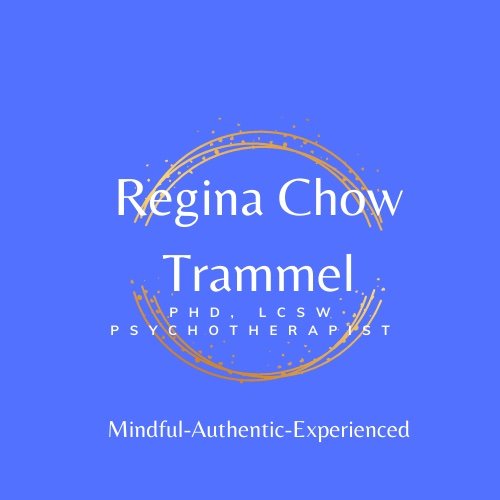Cultivating Emotional Warmth in a Divided World: A Christian Therapist’s Reflection on Empathy and Connection
In today’s polarized and hurting world, emotional numbness or hardened hearts can feel like the only way to survive. But as a Christian therapist, I believe there’s another way—one that invites us to engage with life and others more compassionately, even when it's hard.
Cultivating warmth—especially for those who challenge or even hurt us—is not just emotional work; it’s spiritual work. It’s the daily act of following Christ, staying soft-hearted, and choosing to love in the face of division. This isn't easy for me, and I know it’s not easy for my clients either. But it is necessary.
Why Warmth Matters in Our Emotional and Spiritual Health
Cultivating warmth in our hearts—toward friends and enemies alike—is the fruit of a life lived mindfully in Christ. It’s not about ignoring wrongdoing or compromising our values. It’s about protecting our hearts from becoming hard and bitter. It’s about allowing the call of Christ to move our desire for justice toward greater humanity and compassion.
When we nurture warmth, we don’t lose ourselves. Instead, we grow in emotional resilience and spiritual strength. We become grounded, stable, and better equipped to show up in the world—not as reactionary, hardened people—but as whole, emotionally regulated humans.
Holding Firm to Our Values—With Generosity
It’s tempting to pull away from people who don’t share our beliefs or who treat us unkindly. Many days, I’d rather just “do my own thing.” But as someone who follows Christ, I’m called to something deeper: prioritizing the vulnerable, offering my time, energy, and gifts even when it feels inconvenient or difficult. I’m a huge work in progress on this matter, so I genuinely intend to do these things more.
This doesn’t mean abandoning boundaries or tolerating harm. It means holding firm in who we are—with charity. It means building the emotional and spiritual capacity to connect, even across disagreement.
The emotionally healthy response to division is not to shrink back, but to remain grounded in truth while extending empathy.
Therapy Is Built on Empathy—Not Agreement
In the therapy room, the most powerful change agent is not technique or theory. It’s relationship.
As a therapist, I don’t center my sessions on my needs or perspectives—I get those needs met through my own support systems. In therapy, my focus is on my client: their pain, their story, their path. My role is to offer empathy—the kind that illuminates complexity, offers hope, and says: You are not alone. I’m with you in this.
We are fellow travelers on the road of life. That’s where healing begins.
Staying Human in Dehumanizing Times
The more we lean into our shared humanity, the more we stay emotionally well. When we view others as enemies—especially when they don’t treat us well—we risk losing something of our own humanity.
But when we practice warmth and generosity in our interactions, we stay grounded. We regulate our emotions more effectively. We build capacity for peace, not just externally, but within ourselves.
Hold onto Hope
If you’re struggling to hold onto hope or connection in a world that feels increasingly divided, you’re not alone. It’s okay to wrestle. It’s okay to want distance from others at times. But as you journey through those emotions, consider this: what would it look like to stay soft-hearted without losing your boundaries? To choose empathy without abandoning your convictions?
This is the daily work. The spiritual work. And the path toward deeper wholeness—for ourselves, our relationships, and our world.
photo credit: stock image in squarespace

